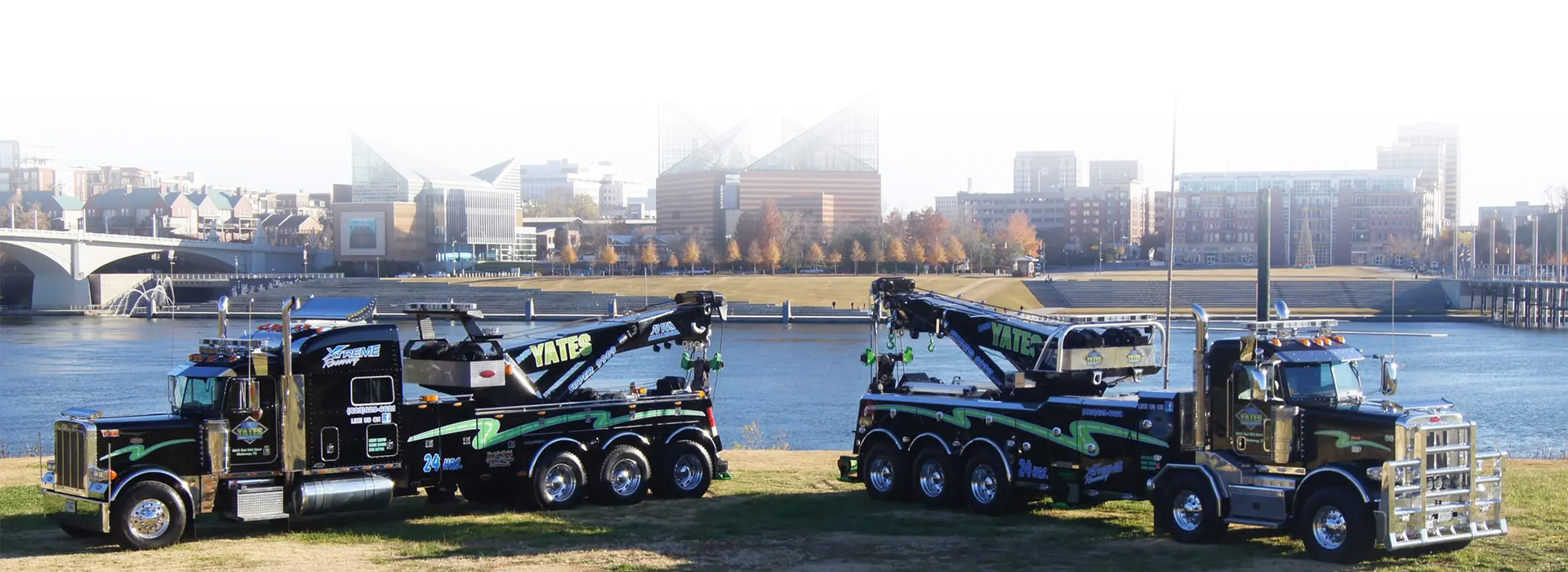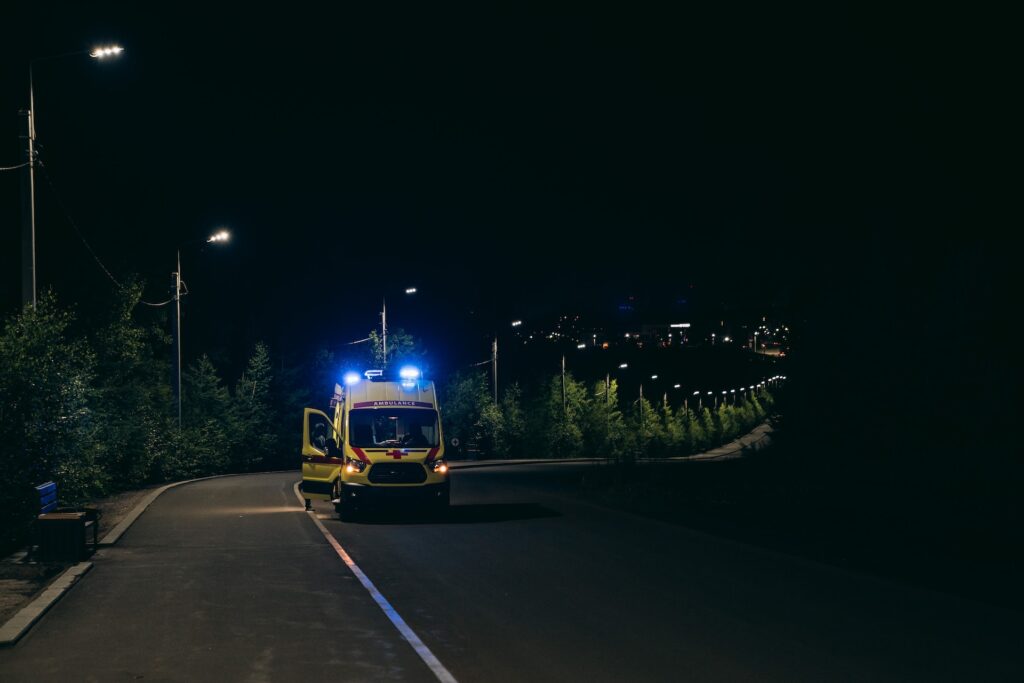When traveling on highways and roads, it’s helpful to be aware of the move over law. These laws were passed to prevent accidents and provide safety for all drivers. They require drivers approaching an emergency vehicle parked on the highway or road to move from their original lane to a separate lane if possible. This will allow first responders (like State Troopers) to complete their task of helping those in need more safely. Most accidents require a towing service to remove a disabled vehicle from the roadway. The move-over laws also lead to towing safety. Doug Yates Towing & Recovery will help get your car to safety and off the roadway quickly.
What Is the Reason For the Move Over Laws?
The Move Over law is a state-level law that requires all drivers to move over one lane or slow down when approaching a stopped emergency vehicle with its lights on. It also requires drivers to make way if they cannot move over in time. The purpose of this law is to protect first responders working on the side of the road by providing them with additional safety measures when responding to emergencies.
There were two main reasons why this law was created: One was to protect first responders (including tow services) who are working on the side of the road; another reason was for drivers’ own safety when approaching an emergency situation where there may be debris or other hazards in the road that could cause an accident if not taken care of properly without causing further damage to themselves or any other parties involved in such situations.
Consequences of Violating the Move Over Law
You may think you can get away with violating this law without anyone noticing, but it is very important to follow all traffic laws because it keeps you safe and helps keep other drivers safe. If you do not follow this law, there could be serious consequences. For example, if a police officer sees you violating this law and pulls you over, they may issue you a ticket or even arrest you, depending on how serious the violation is.
Protect Yourself If You Are In an Accident
Do Not Block Traffic
If there is no one else in need of medical attention, you should get yourself out of the way and to safety as quickly as possible. Take all personal belongings with you, and do not leave anything that could cause further damage or injury if left behind. Do not block traffic or try to move your vehicle until emergency responders arrive on the scene.
Get Yourself Out of the Way and To Safety
When emergency responders arrive on the scene, stay calm and let them do their job without interference. They will need room to work and may have to move vehicles around in order to do so safely. Do not block traffic by standing in front of a tow truck after it arrives or trying to move your vehicle back into place without assistance from trained professionals who understand how best to handle these situations without causing further damage or injury to themselves or others involved.
Pick Up Any Debris You Can
If there is any debris from your car or another vehicle at the scene of your accident, make sure that you pick it up as soon as possible. If there is glass or other debris on the ground around your car, make sure that it doesn’t get into your tire treads or under your vehicle, where it could cause damage or even cause another accident. If there is anything dangerous like nails or pieces of metal, make sure that you’re wearing gloves and pick them up carefully before moving your vehicle forward again. Remaining calm will help ensure you don’t get injured while doing these things.
Be Safe Out There!
The law is there to protect you and others on the road, so make sure to follow it. Remember, “move over” does not just apply to police officers, fire trucks, or ambulances but also to tow trucks and other roadside assistance vehicles as well. Make sure you always go that extra mile to protect yourself and others on the roadway. Doug Yates Towing & Recovery is a tow company near me, and we strive to keep everyone safe! After all, they are protecting you when they are working on the roads.

